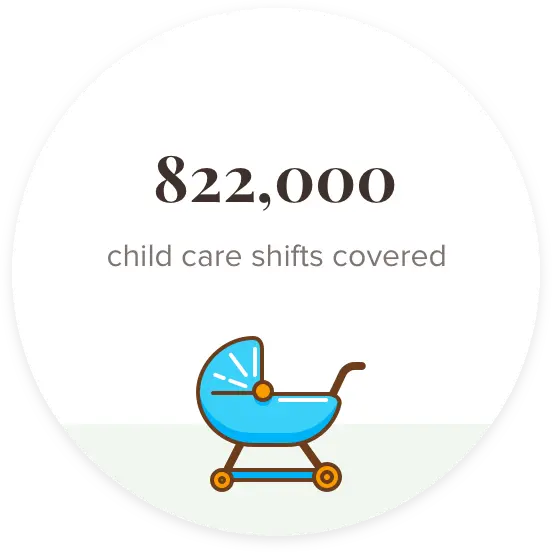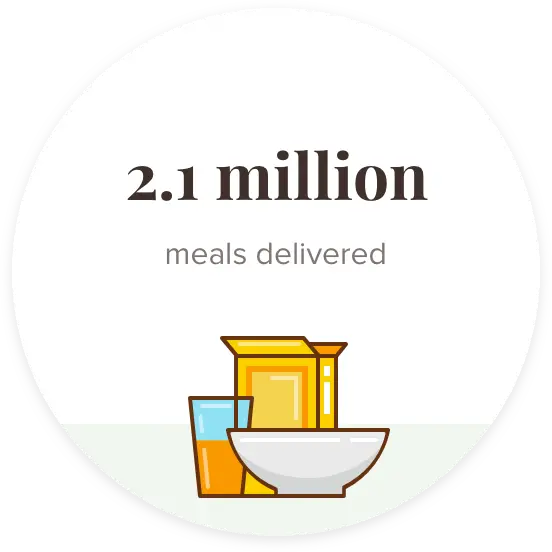





You need help organizing care for a loved one or family member.

You know someone caring for others and want to help.

You want to help people in your neighborhood.

You want to let family know how they can help.

Schedule and sign up for tasks such as meal delivery and rides to appointments.

Drop a line to say hello or offer support to the family.

Keep your team updated on progress and other ways to help.

Post or view personal photos and share a memory or milestone.

Quickly schedule meals, rides, and appointments for someone in need.

Send encouragement and keep your support team in the loop.You know someone caring for others and want to help.

The easiest (and free!) way to help those wishing to help others.






"Thank you for this wonderful site. My six siblings and I are using it to coordinate and communicate care for our elderly mother in New York state. We are scattered across the East Coast and Midwest. This site enables us to schedule tasks and keep everyone informed without having to exchange endless phone calls and emails."

"The service that you provide is incredible for those in crisis and I will surely recommend it to anyone I know that may need it. We've gotten through my husband's stem cell transplant (relapse of leukemia) triumphantly especially because we've been helped by so many people around us."

"Your website is outstanding. Easy to use, intuitive, well thought out. It's the answer to one of our first practical questions in this crisis: 'How can we manage all the offers of help?' From our hearts, thank you. We're grateful for a tool that's so useful in a really tough time of need."
